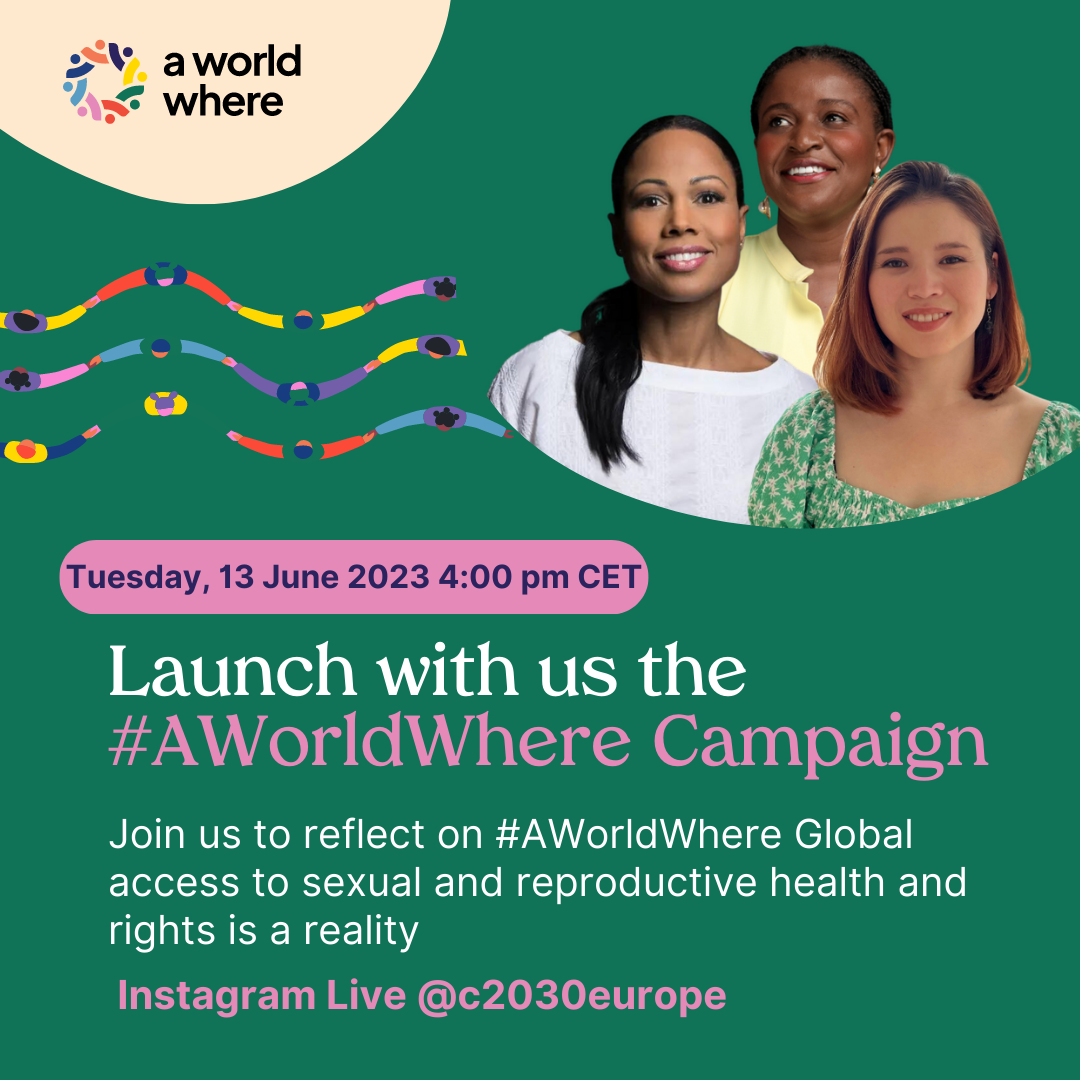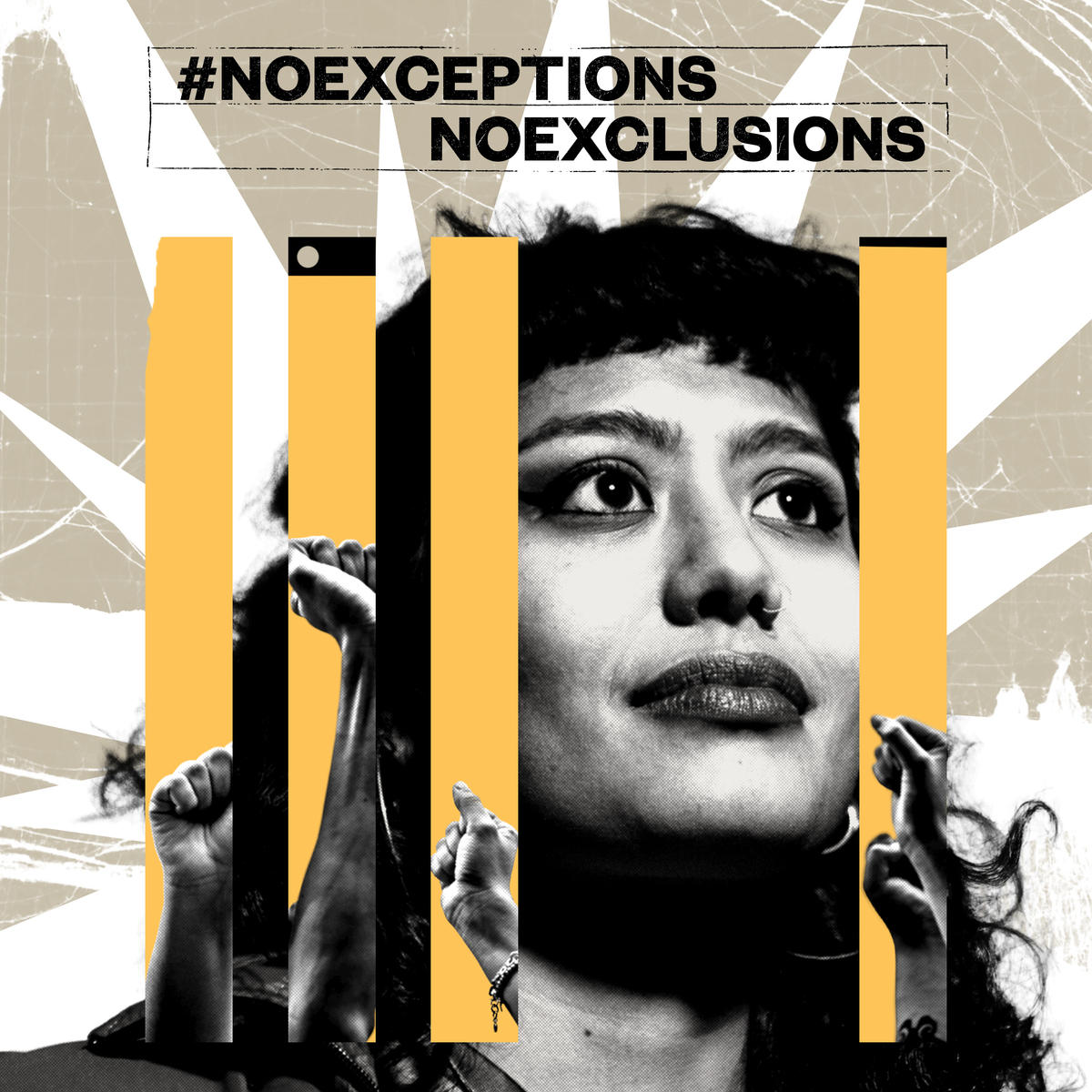By Mette Kirstine Schmidt, Danish Family Planning Association (C2030E partner)
The session of the Commission on the Status of Women (CSW) is an amazing opportunity to learn more about facts, trends and ideas on how to advance gender equality and sexual reproductive health & rights (SRHR). Among thousands of high-level side events and parallel events organised by civil society organisations (CSOs), participants get the opportunity to meet with and learn from some of the world’s most amazing SRHR and gender equality champions, including CSO representatives; community activists, women human rights defenders, heads of states, ministers; UN agency people; civil servants and diplomats.
For the sixty-second session of the CSW, I learned a lot about the gender aspects of the humanitarian – development nexus, including that this is an area which is attracting increasing attention from CSOs, humanitarian actors and donors. And rightly so! This is something I will follow closely in the future.
However, trying to navigate all these events and opportunities can also be a bit overwhelming. This brings us to the first tip.
Make a plan (but be flexible)
Making a comprehensive plan for your days at the United Nations is the best way avoid losing your voice – and essentially waste time. It should include the events you want to attend (and potentially, decide on the issues you want to raise at these events), whom you want to meet bilaterally, and also, how you want to use Social Media. While you should of course seize the opportunities that arise throughout your stay, I would argue that it’s a better strategy to plan well and stick to it to accomplish as much as possible.
Prepare talking points
Before coming to CSW, carefully prepare two-three main speaking points/messages that you want to highlight at side events, bilateral meetings or through Social Media.
My speaking points this year were centred around specific issues that I think need to be addressed in the Agreed Conclusions for CSW, such as: evidence-based arguments on strong language on comprehensive sexuality education (CSE), SRHR and family planning (FP) especially for young people; and balanced language, supporting the various forms of families.
I had also prepared a few points about the need for continued broad political and financial support to SRHR and the “She Decides” campaign. During CSW62, the United States announced that the Kasten-Kemp act continues to apply to UNFPA, which means that US funding to UNFPA is still blocked. Getting other countries, including European, to step up and fill the gap, is thus even more important.
And lastly, wear flat shoes! No further explanation needed…
Read the draft conclusions of the CSW.
*This article was written while negotiations on the Agreed Conclusions for CSW62 were still being negotiated – and the result and negotiation dynamics were still somewhat unknown.



